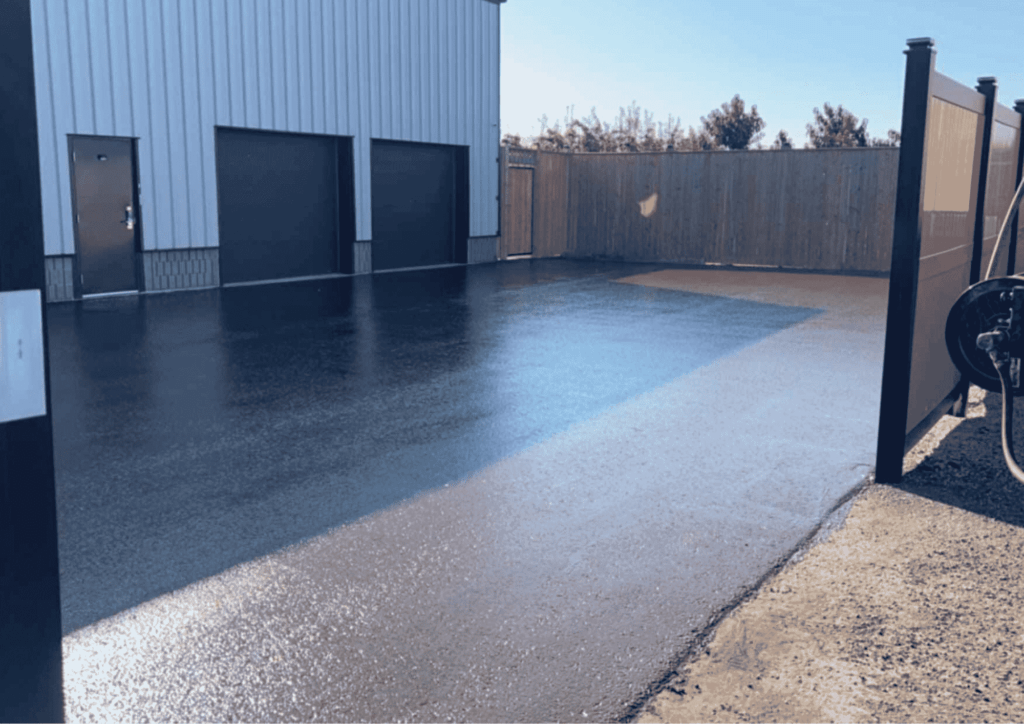Owning or managing a commercial property entails a plethora of responsibilities, chief among them being maintenance. Regular upkeep of your property isn’t just about aesthetics; it’s about ensuring its functionality, safety, and long-term viability. Let’s delve into why regular maintenance is paramount for commercial properties and how it can yield substantial benefits for property owners and tenants alike.
Commercial properties, whether they’re office buildings, retail spaces, or industrial complexes, are subject to constant wear and tear. Foot traffic, vehicular movement, exposure to the elements, and general usage can take a toll on the infrastructure over time. Without proper maintenance, minor issues can escalate into major problems, leading to costly repairs and potential safety hazards.
Regular maintenance serves as a proactive approach to property management, allowing owners to address issues before they escalate. It encompasses a wide range of tasks, including routine inspections, cleaning, repairs, and upgrades. By staying on top of maintenance tasks, property owners can identify potential problems early on and take corrective action to mitigate risks and prolong the lifespan of their assets.
One of the primary benefits of regular maintenance is preserving the value of the property. A well-maintained property not only attracts tenants but also commands higher rental rates and property values. It enhances the overall appeal of the property, instilling confidence in tenants and visitors while reducing vacancy rates and turnover costs.
Moreover, regular maintenance contributes to the safety and well-being of occupants. Addressing issues such as faulty electrical systems, leaky roofs, or uneven pavements promptly can prevent accidents and injuries. It fosters a safe and conducive environment for employees, customers, and visitors, reducing liability risks and enhancing the reputation of the property.
In addition to safeguarding property value and ensuring safety, regular maintenance can also result in significant cost savings in the long run. By addressing minor issues early on, property owners can avoid expensive repairs or replacements down the line. It allows for better budgeting and planning, minimizing unexpected expenses and maximizing the return on investment.
Furthermore, regular maintenance promotes sustainability and environmental responsibility. Energy-efficient upgrades, water-saving fixtures, and eco-friendly practices not only reduce operating costs but also contribute to a healthier planet. Sustainable buildings are increasingly in demand among tenants and investors, driving the adoption of green maintenance practices.
In conclusion, regular maintenance is indispensable for commercial properties, serving as a proactive strategy to preserve value, enhance safety, and drive sustainability. Property owners who prioritize maintenance reap the rewards of increased property value, reduced risks, and enhanced tenant satisfaction. By investing in regular upkeep, property owners can ensure that their assets remain competitive, resilient, and attractive in the ever-evolving real estate market.
